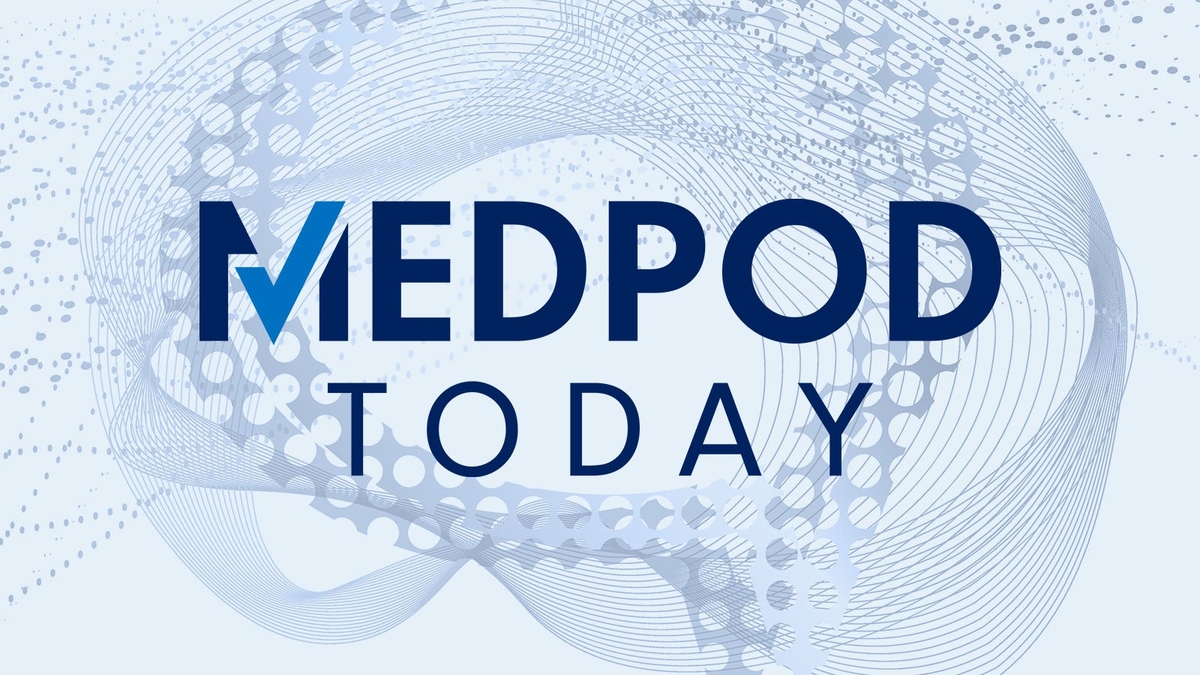
In recent years, the medical field has witnessed several significant advancements in the treatment and management of various health conditions. This week’s TTHealthWatch podcast delves into some of the most promising breakthroughs, including a new treatment for nonalcoholic steatohepatitis (NASH), the use of human milk for preterm infants, an innovative therapy for psoriasis, and managing gout with uric acid levels.
Resmetirom: A Promising Treatment for NASH
NASH, a chronic liver disease, affects an estimated 4 to 6 percent of the global population, particularly those with obesity and type 2 diabetes. Resmetirom, an oral liver-directed thyroid hormone receptor β selective agonist, has shown promising results in phase III trials. According to MedPage Today, it has proven superior to placebo in regards to NASH resolution and improvement in liver fibrosis. Furthermore, BNN Breaking reports that about a third of participants experienced NASH resolution without worsening fibrosis, while a quarter of patients saw fibrosis improvement without worsening NASH.
Oral Agent Blocking Interleukin-23 for Psoriasis
Psoriasis, an immune-mediated inflammatory disease that also affects joints and increases the risk of atherosclerotic cardiovascular diseases, is commonly managed with immunotherapy. However, an effective oral treatment blocking interleukin-23 is currently being studied. This oral agent has been successful in reducing psoriasis plaques in 80% of patients who received the highest dose.
Donor Maternal Milk for Extremely Preterm Infants
The use of donor maternal milk for nourishing extremely preterm infants has also been extensively discussed. A study found that there was no significant difference in neurodevelopmental outcomes between preterm infants fed donor milk and those fed preterm formula. However, donor milk was associated with a lower risk of necrotizing enterocolitis, a serious intestinal condition in preterm infants.
Managing Gout with Uric Acid Levels
Another major highlight of the podcast was the discussion on the association between serum uric acid levels and gout flares. A study using the UK Biobank found that serum uric acid levels predict the risk of subsequent gout flares and hospitalizations in individuals with a history of gout, underscoring the importance of maintaining uric acid levels below 5-6 mg/dL to prevent gout.
Potential Anti-Ageing Effects of Vitamin D3 and Phytochemicals
Lastly, an MDPI article discussed the potential use of vitamin D3 and phytochemicals for their anti-ageing effects. It explained how vitamin D3 deficiency influences the onset of various diseases and its regulation of proinflammatory cytokines. The article also highlighted the health-promoting effects of phytochemicals and their role in controlling chronic inflammation, as well as the synergy between vitamin D3 and phytochemicals in suppressing inflammatory responses linked to anti-ageing effects.
